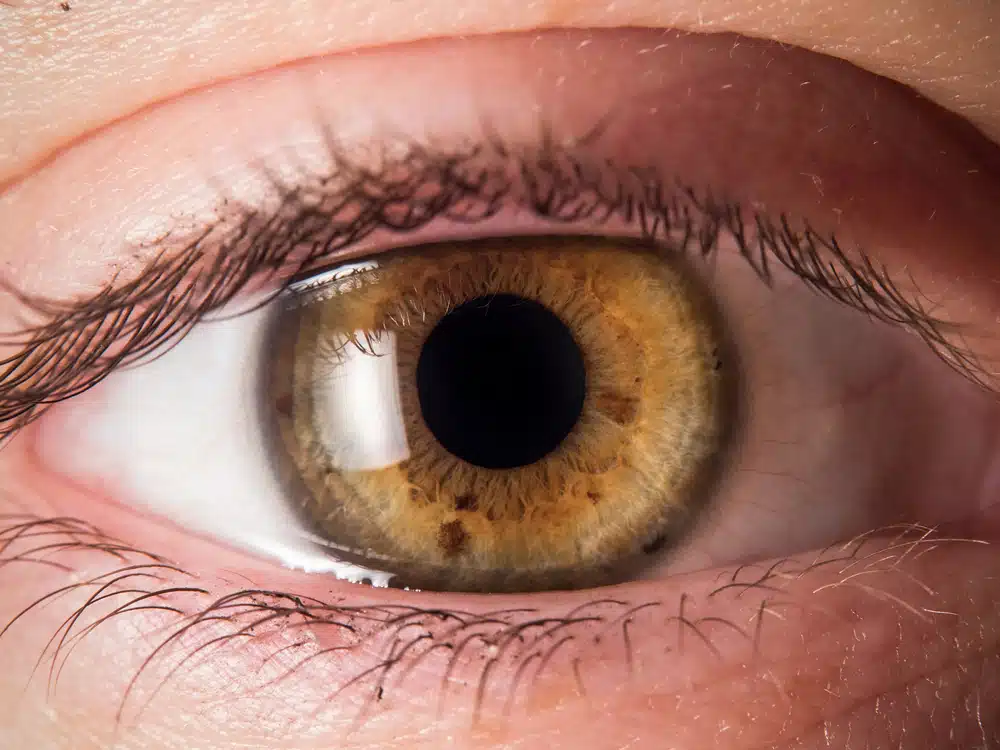Cancer isn’t something we normally associate with the eyes, and even though it is rare, keeping your vision safe and healthy is important. The first step to protecting your eyes is being aware of different risks, and to learn about potential signs and eye cancer treatment options, which we outline below.
Contents
Symptoms of Eye Cancer
Eye cancer won’t always prompt symptoms or signs in the beginning, however there can be signs that develop later on. Make an appointment with your doctor if you notice any of the following:
- A dark spot on the eye
- Floaters or spots in your field of vision
- Vision loss or blurriness
- Flashes of light
- Change in the position of the eye in the socket
- Change of size or shape of pupil
- A lump on eye surface
- Bulging eye
- Persistent irritation
Eye Cancer Treatment Options:
Closely Monitoring the Eye
For those who don’t have symptoms but have a small, slow-growing tumour, your doctor may recommend to actively monitor it since treating it could lead to more discomfort. If the tumour becomes more aggressive and grows larger, the doctor might suggest a treatment.
Eye Surgery
When a tumour measures more than 10mm in diameter, eye surgery will likely be necessary. This will be performed by an ophthalmologist who will remove the tumour as well any affected other parts of the eye, including surrounding tissue.
Radiation Therapy
Radiation therapy is a common treatment method used to treat cancer, including eye cancer. There are several types of radiation therapy available. A radiation oncologist will determine the best course of action based on the type of cancer and will determine the number of treatments that will be necessary.
Laser Therapy
If the tumour is small and less severe, laser therapy could be a viable option. In this treatment, a laser targets the tumour using heat to shrink it. In some cases, this can be used in conjunction with radiation.
Removing the Eye
If the tumour has progressed to a serious stage, removing the eye might be the only suitable option. If this is the case, a prosthesis can be fitted in place to look, act and move similar to your natural eye.
Your eyes play a vital role in your day-to-day life, which is why it’s important to take good care of them and talk to your doctor about any disconcerting symptoms. To learn more about eye cancer treatment options or to get a comprehensive eye exam, book an appointment at a Laurier Optical location nearest you!
Article has been reviewed by an Optometrist.
